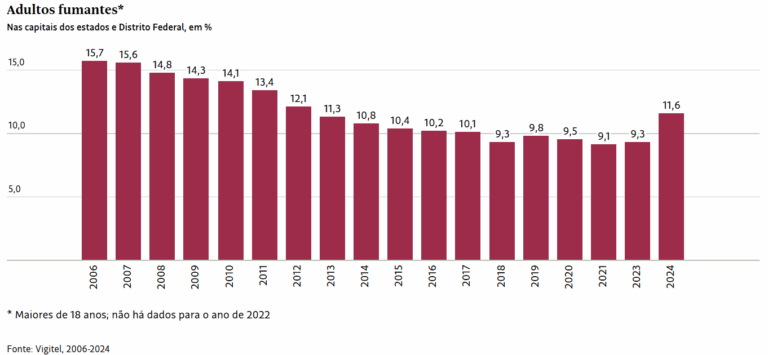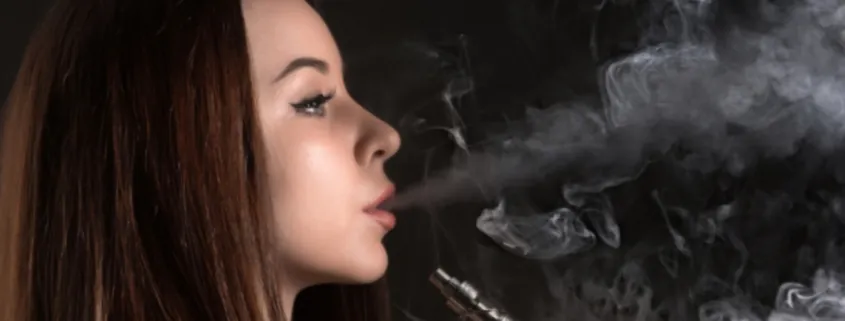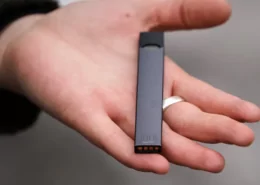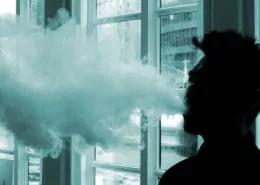Brazil’s Vape Ban Fails as Smoking Rises: Why Regulation is Key
With Smoking Rates Rising and an Uncontrolled Black Market, Prohibition is Failing Public Health
A recent Ministry of Health survey has sounded an alarm in Brazil: for the first time since 2007, the number of traditional smokers in the country increased last year. This is a troubling setback for a nation once globally recognized for its successful anti-tobacco policies. The same survey revealed another critical data point: 2.6% of Brazilian adults, equivalent to about 4 million people, are now users of electronic cigarettes (vapes) – the highest percentage in five years. This is despite the fact that these products have been banned in the country since 2009, a prohibition that was reinforced and expanded by the National Health Surveillance Agency (Anvisa) last year.

This means that every single vape device currently in use in Brazil is illegal and bypasses any form of sanitary control. The substances and their concentrations are unknown. The current scenario proves that prohibition does not eliminate consumption; instead, it pushes it into a clandestine, unmonitored environment. This fuels illegal networks, elevates toxicological risks for users, and severely hampers public health interventions and health education strategies.
It’s crucial to distinguish the risks. While nicotine is addictive, it is not the primary cause of smoking-related cancers. The main culprits are the products of tobacco combustion, such as tar and carbon monoxide. Vaping, by avoiding combustion, offers a significant harm reduction potential. To regulate is not to encourage use; it is to create rules based on technical and scientific criteria, protecting not only the health of adult users but also preventing access for those who have never used nicotine.
While Brazil’s adult smoking rates are now increasing, countries that have regulated electronic nicotine delivery systems, such as the United Kingdom, Sweden, Japan, and Canada, have seen significant drops in smoking rates. Simply banning these products doesn’t work and often yields the opposite of the intended result, as seen with the U.S. Prohibition era a century ago, which strengthened the illegal market and led to health problems from unregulated products. Brazil must learn from these lessons to build a safer, more responsible future based on scientific evidence and a pragmatic harm reduction approach, rather than a failing policy of prohibition.









